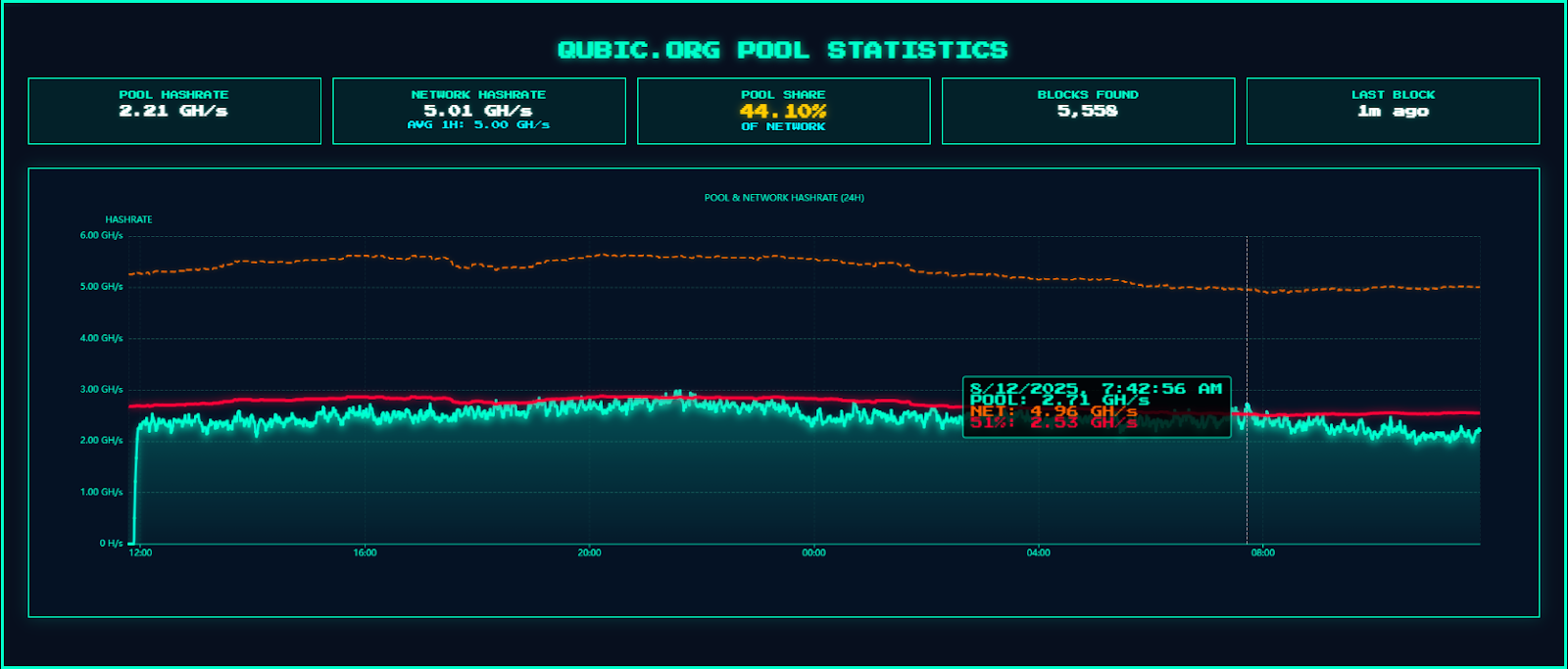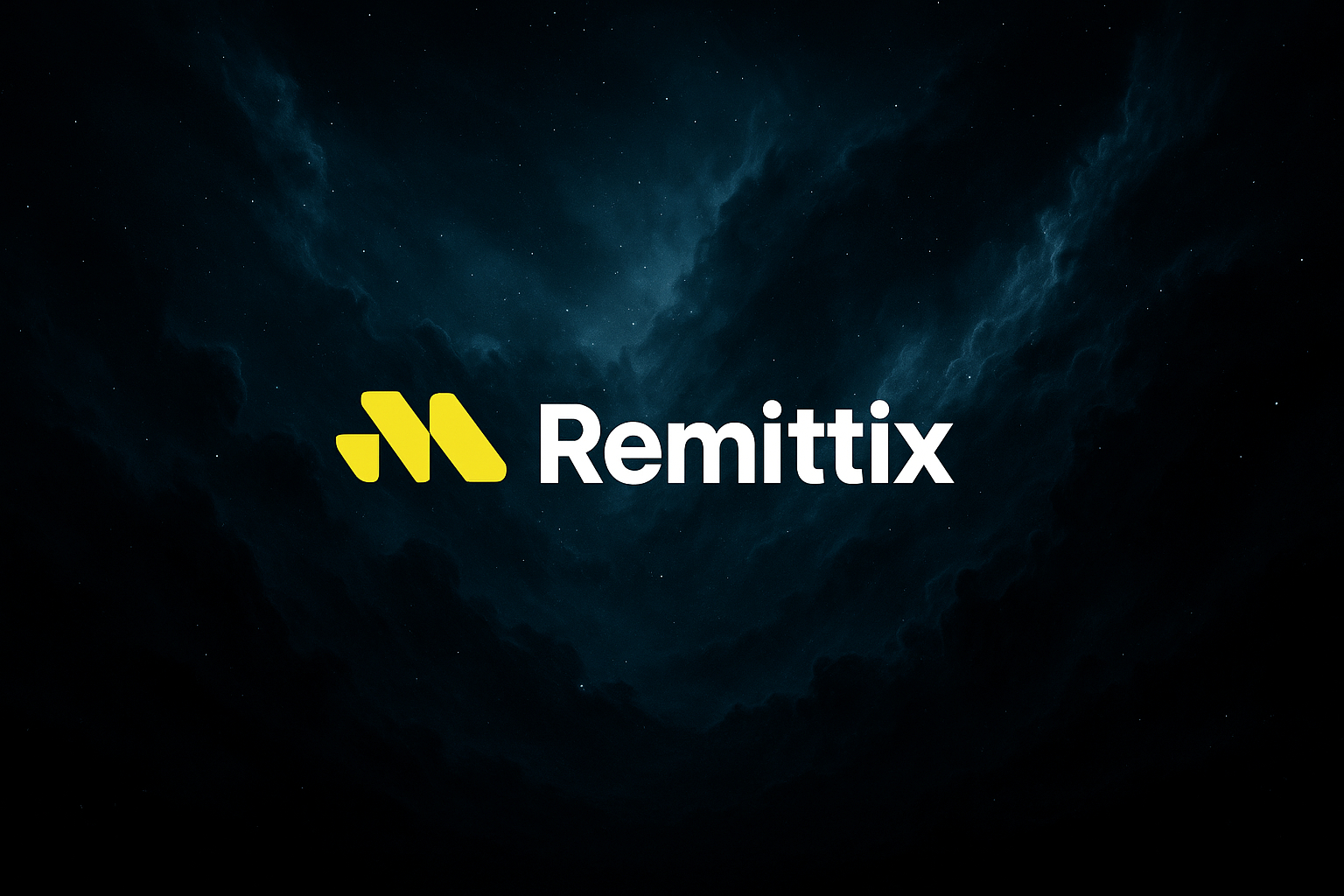- U.S. Congress introduces extended digital asset regulation for SEC/CFTC roles.
- Draft aims to enhance project disclosures and registration clarity.
- Shares and defines roles for SEC and CFTC in digital assets.
The U.S. Congress introduced the Digital Asset Regulatory Framework Act on May 6, aiming to enhance the previous FIT21 Act. The proposed bill clarifies roles for the SEC and CFTC in digital asset regulation.
Aims to streamline the SEC and CFTC’s roles, increasing clarity and facilitating project financing, fostering market stability.
New Digital Asset Bill Seeks SEC and CFTC Role Clarity
The U.S. Congress has taken steps to advance cryptocurrency regulation with the introduction of the Digital Asset Regulatory Framework Act. This newly proposed legislation is intended to build upon the previously proposed FIT21 Act, enhancing the regulatory landscape for digital asset projects and developers. FOX Business reporter Eleanor Terrett highlighted key aspects of this proposal, including required disclosure of essential project information and the provision of a financing pathway under SEC rules.
A significant component of the proposal involves clarifying the responsibilities between the SEC and CFTC, establishing a defined registration process. This regulatory clarity is expected to positively impact developers and enhance their funding pathways. With precise guidelines, developers can better understand compliance expectations, potentially leading to increased innovation and participation in the digital asset market.
Notably, the update has seen mixed reactions from industry stakeholders. President Trump emphasized the importance of supporting responsible digital asset growth, announcing an executive order to prioritize blockchain innovation. Additionally, Acting SEC Chairman Mark Uyeda created a Crypto Task Force led by Commissioner Hester Peirce to focus on establishing a comprehensive framework for crypto regulation. These moves aim to address long-standing ambiguities and bolster regulatory clarity in the evolving landscape of digital assets.
“It is the policy of my Administration to support the responsible growth and use of digital assets, blockchain technology, and related technologies across all sectors of the economy…” — President Trump
Investor Confidence Expected to Rise with Clear Rules
Did you know? The formation of the SEC’s Crypto Task Force marks a pivotal point, reflecting a historical effort similar to the introduction of the Securities Clarity Act, which sought to define and guide cryptocurrency regulations.
As of the latest data from CoinMarketCap, Ethereum (ETH) is priced at $1,809.89, with a market cap of $218.51 billion, accounting for 7.45% of market dominance. Its 24-hour trading volume reached $11.75 billion, a 38.43% change. Over recent periods, Ethereum showed variable price movements: a 0.89% dip over 24 hours and a 2.52% increase over seven days. However, longer-term trends exhibited declines, including negative shifts of 19.34% and 35.25% over 60 and 90 days, respectively.

Insights from the Coincu research team suggest the regulatory framework could lead to increased investor confidence and market stability. By defining clear rules for digital asset provision and trading, both developers and investors might find fewer barriers, potentially resulting in heightened participation and the broader acceptance of digital currencies in mainstream financial systems. This regulatory development may catalyze technological advancements within the sector.
























